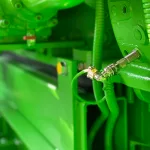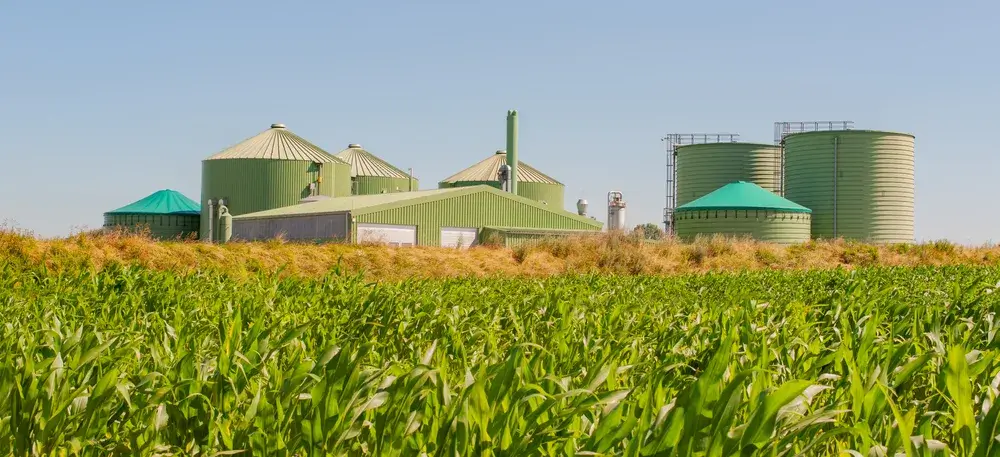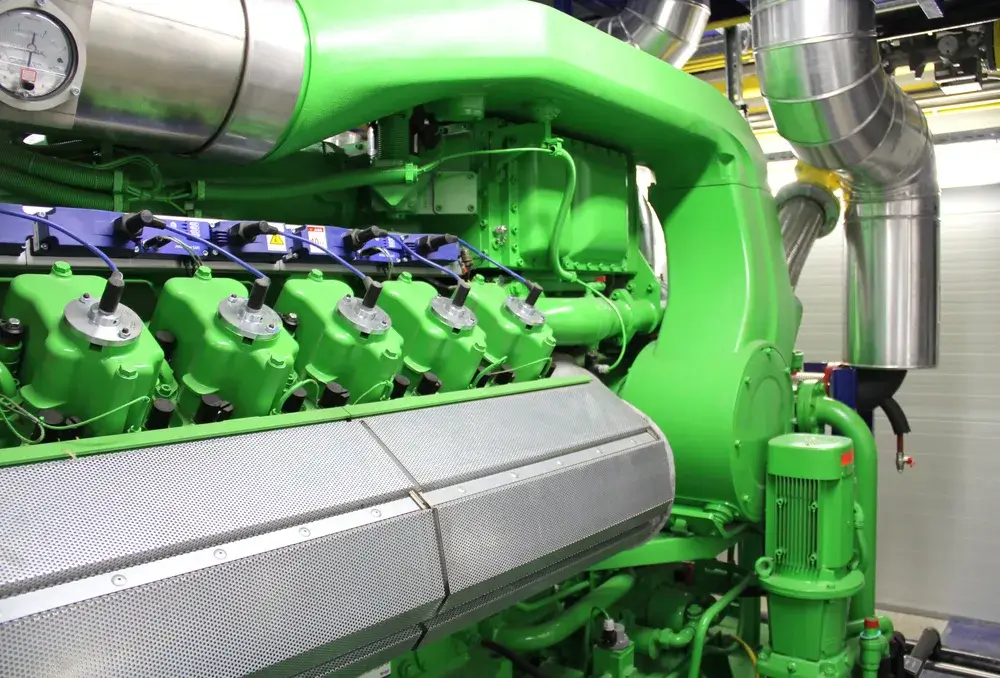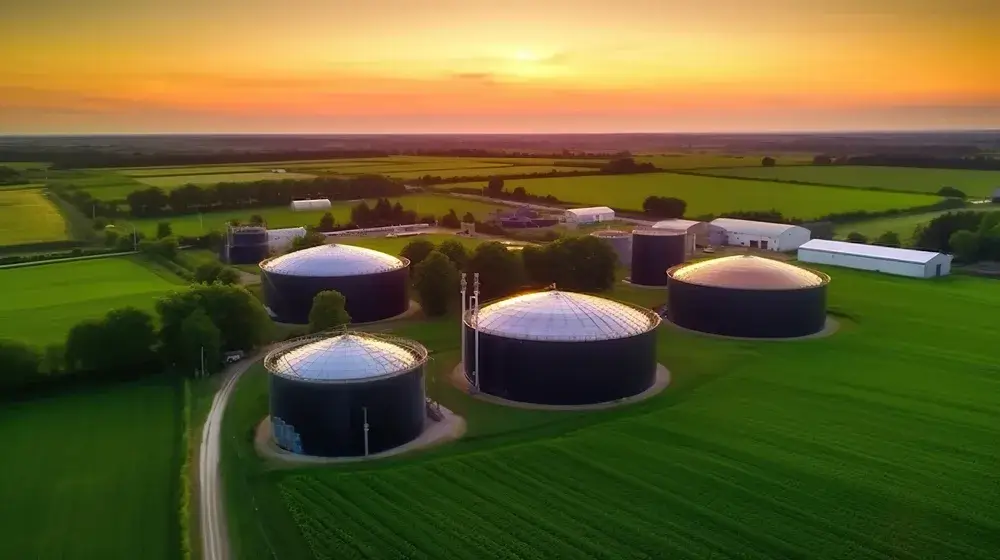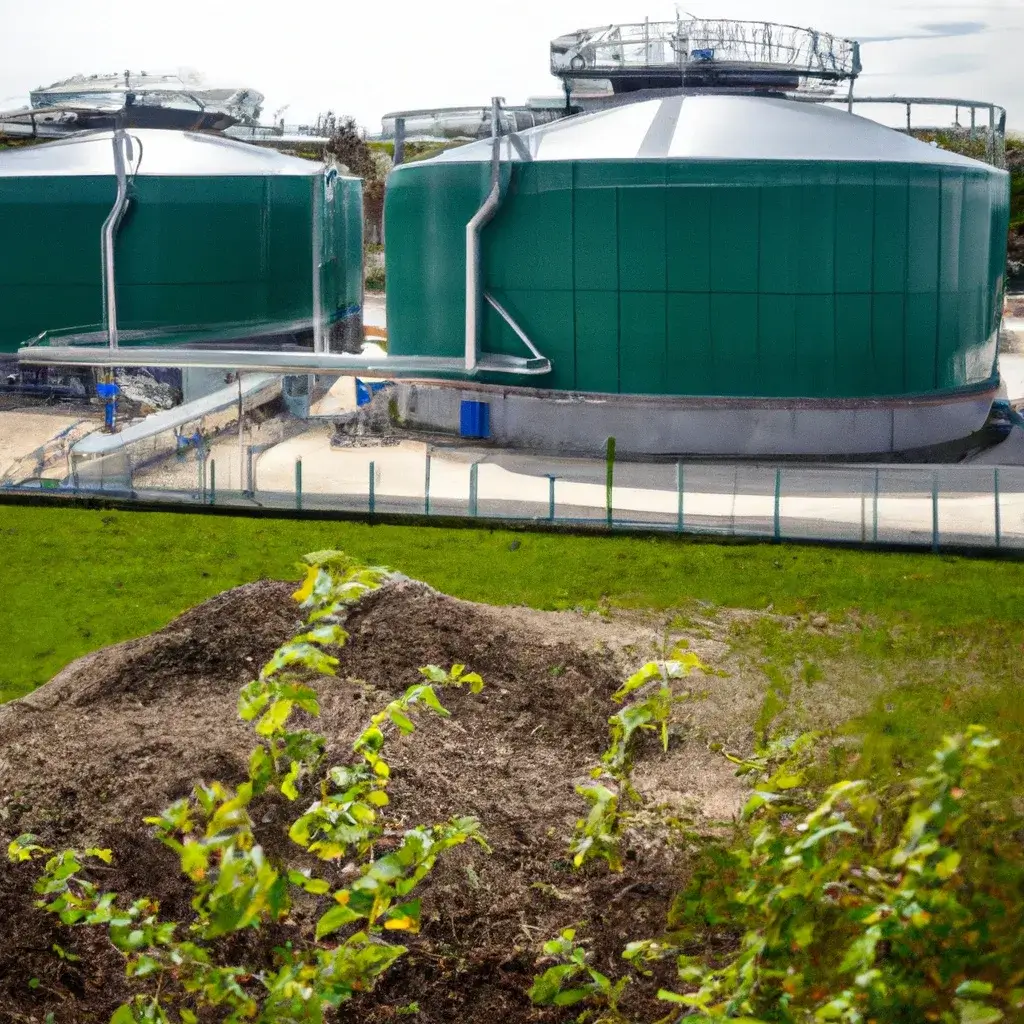Biogas – The Pros and Cons in detail
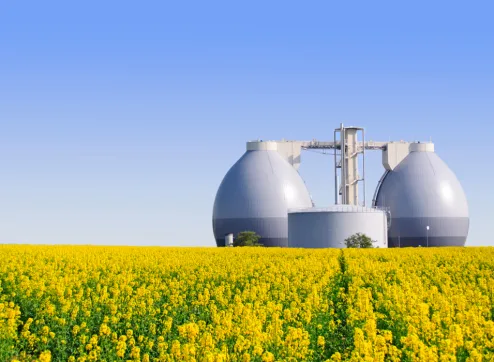
Biogas has emerged as a promising renewable energy source in recent years. However, as with any technology, it has both advantages and disadvantages. In this article, we will thoroughly examine the pros and cons of biogas to provide a comprehensive understanding of this energy source.
Biogas Generation
Biogas production starts with anaerobic digestion, a biological process where microorganisms, under absence of oxygen, break down organic materials like animal manure, food waste, and agricultural residues in a fermenter.
In this environment, microbes decompose organic matter, producing biogas primarily consisting of methane and carbon dioxide. This process not only efficiently generates energy but also supports the recycling of organic waste, making it a key component of sustainable energy production.
Technologies in Biogas Plants
Modern biogas plants employ various new technologies designed to maximize biogas production efficiency. These include advanced fermenter technologies that enable optimal biomass digestion. Additionally, systems for converting biogas into biomethane for injection into the natural gas network and technologies for using digestate as fertilizer are crucial components.
With a wide range of spare parts for biogas engines, advanced technological solutions, and a committed service team, PowerUP assists companies in optimizing the efficiency, reliability, and lifespan for their gas engines. PowerUP’s offers are suitable for brands like Caterpillar®, MWM® or INNIO Jenbacher®.
The advantages of biogas
Biogas offers a multitude of advantages. These encompass the reduction of the greenhouse effect, the sustainable utilization of organic waste, and versatile applications. In this section, we will thoroughly examine the most significant benefits of biogas.
Renewable energy source
Biogas is a renewable source of energy because it is derived from biodegradable materials. This reduces dependence on non-renewable fossil fuels and contributes to the reduction of greenhouse gas emissions.
Waste reduction
The use of biogas enables the utilization of organic waste such as agricultural and crop residues and sewage sludge. This waste management reduces the amount of waste going into landfills and minimizes environmental impact, such as water pollution.
Versatile applications
Biogas can be used for electricity and heat generation, as well as a fuel for vehicles. This versatility makes it a highly flexible source of energy
Promoting agriculture
The utilization of biogas plants in agriculture promotes the sector in various ways. It reduces energy costs, creates additional sources of income, and supports agricultural sustainability in a large scale by efficiently utilizing organic waste.
Environmental sustainability
The utilization of biogas and biofuel leads to a reduction in greenhouse gas emissions and contributes to mitigating environmental impacts. It represents a significant step towards achieving sustainability.
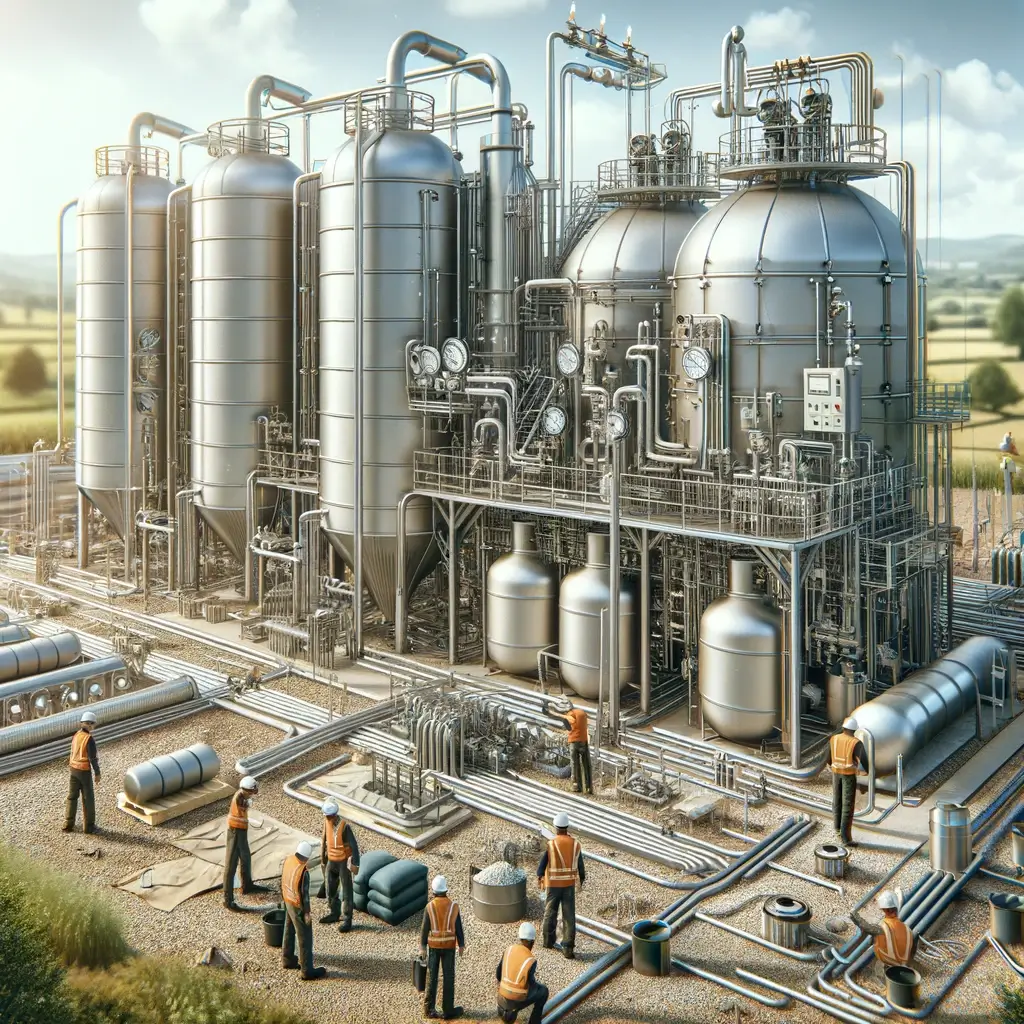
The disadvantages of biogas
Although biogas offers many advantages, it is also important to consider some disadvantages. These include high investment costs and technical challenges. In this section, we will examine the main drawbacks of biogas in more detail.
High investment costs
The construction of a biogas plant entails significant investments in technology and infrastructure. This can pose a financial hurdle for small-scale operations and farmers.
Technical challenges are also involved. The intricate processes necessitate specialized knowledge and skills in areas such as construction, operation, and maintenance. Ensuring optimal conditions within the fermenter and monitoring gas emissions require expertise.
This can be a challenge for inexperienced operators and emphasizes the importance of training and technical support in the biogas industry.
Availability of raw materials
Ensuring a continuous supply of biomass, sewage sludge, and other waste is essential for the smooth operation of a biogas plant. However, the availability of these raw materials can vary regionally, which can pose challenges for planning and logistics.
This emphasizes the importance of sustainable raw material procurement and adjusting plant capacity to the available resources.
Odor emissions
The anaerobic breakdown of agricultural waste and organic materials can generate unpleasant odors that are perceived as bothersome by the public.
This can result in conflicts with nearby residents and necessitates the implementation of suitable measures for odor control, such as the use of gas purification systems and careful site selection for biogas plants. Methane can be a harmful gas and high methane emissions could cause different effects to the human body such as mood changes, slurry vision and headache.
Dependency on weather conditions
Biogas production is to some extent dependent on weather conditions, particularly temperature and humidity, which can impact the biological processes in biogas plants. Cold climates can slow down the anaerobic degradation process, while excessive moisture can disrupt it.
These factors can result in fluctuations in biogas production and compromise the reliability of energy generation. Therefore, operators of biogas plants must consider these factors and implement suitable measures to minimize the influence of climatic conditions.
Conclusion
Biogas is recognized as a vital component of bioenergy contributing to fight climate change. It transforms organic waste into green energy, effectively helping to combat global warming. This process diminishes reliance on fossil fuels and lowers greenhouse gas emissions, thereby supporting global sustainability objectives and promoting the health of the earth.
However, especially in rural areas, there can also be challenges such as high investment costs and technical requirements. Therefore, the decision to utilize biogas should be carefully weighed, taking into account individual circumstances and needs.
PowerUP – Your partner for sustainable biogas solutions
With our specially developed gas engine spare parts, tailored gas engine services, and in-depth understanding of the requirements of biogas plants, PowerUP supports gas engine operators in maximizing the efficiency and performance of their facilities and optimizing their operations.

